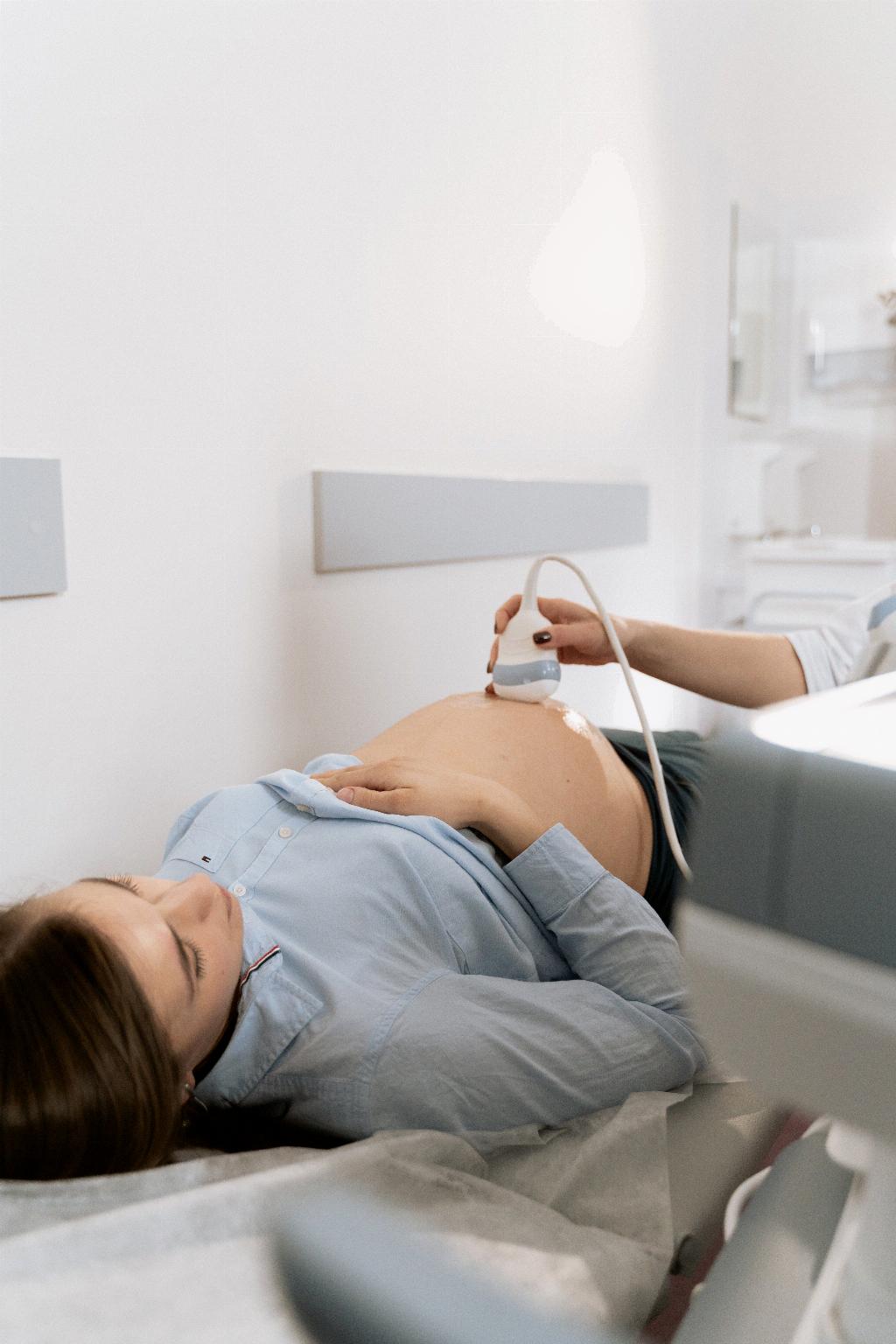When it comes to pregnancy, there are a multitude of factors that can affect both the expectant mother and the developing baby. One such factor that has garnered attention in recent years is the level of Pregnancy-Associated Plasma Protein A (PAPP-A) in the maternal bloodstream. But the question remains: Is low PAPP-A indicative of a high-risk pregnancy?
Research suggests that low levels of PAPP-A may indeed be a cause for concern during pregnancy. It has been found that low PAPP-A levels are associated with an increased likelihood of pregnancy complications. These complications can range from a baby being smaller than expected, also known as growth restriction, to an earlier-than-anticipated birth, commonly referred to as preterm birth.
Growth restriction, a condition where a baby does not grow at the expected rate inside the womb, can lead to various health issues both during pregnancy and after birth. Babies born with growth restriction may have a higher risk of developing certain health conditions and may require special medical attention to ensure their well-being.
In addition to the risk of growth restriction, low PAPP-A levels have also been linked to a slightly higher chance of developing pre-eclampsia. Pre-eclampsia is a serious condition characterized by high blood pressure and often the presence of protein in the urine. If left untreated, pre-eclampsia can have severe consequences for both the mother and the baby.
So, when faced with low PAPP-A levels during pregnancy, it is important for healthcare providers to closely monitor the expectant mother and the developing baby. Regular prenatal check-ups and additional tests may be recommended to detect any potential complications early and take appropriate measures to ensure a safe pregnancy and delivery.
Although low PAPP-A levels may raise concerns about the pregnancy being high-risk, it is important to remember that every pregnancy is unique. While low PAPP-A levels may increase the likelihood of certain complications, they do not necessarily guarantee a negative outcome. Each case should be assessed individually, taking into account other factors that may influence the pregnancy.
It is also important for expectant mothers with low PAPP-A levels to maintain a healthy lifestyle throughout their pregnancy. This includes eating a balanced diet, staying physically active (as recommended by their healthcare provider), getting enough rest, and avoiding harmful substances such as tobacco and alcohol.
Furthermore, open communication between the expectant mother and her healthcare team is crucial. Any concerns or questions regarding low PAPP-A levels should be addressed promptly to ensure that the mother receives the necessary support and information to make informed decisions about her pregnancy.
In conclusion, while low PAPP-A levels may be associated with an increased risk of certain pregnancy complications, they do not automatically mean that the pregnancy is high-risk. With proper monitoring and care, many women with low PAPP-A levels go on to have healthy pregnancies and deliver healthy babies. It is important to approach each case with caution, remain vigilant, and take proactive steps to mitigate any potential risks.

